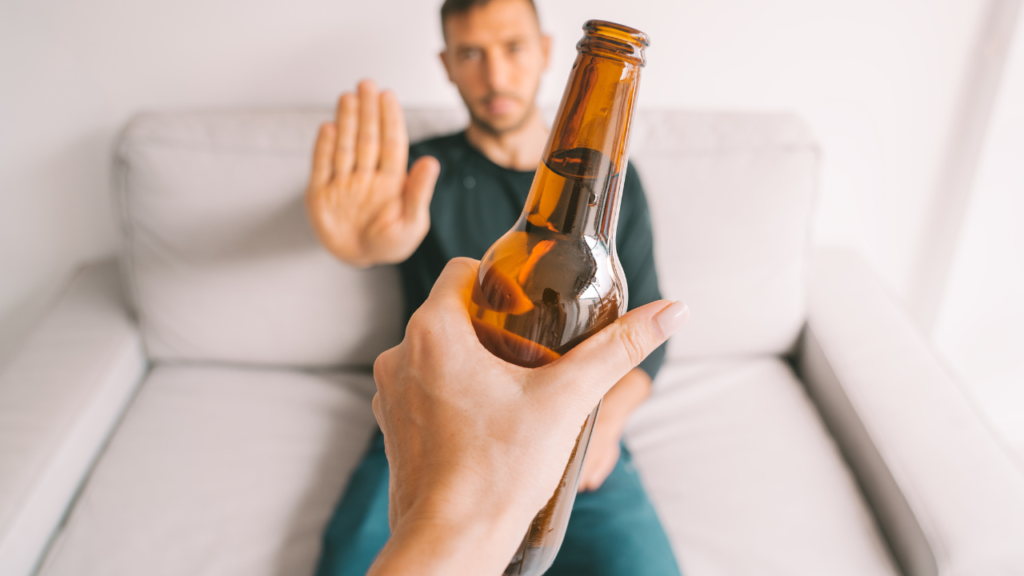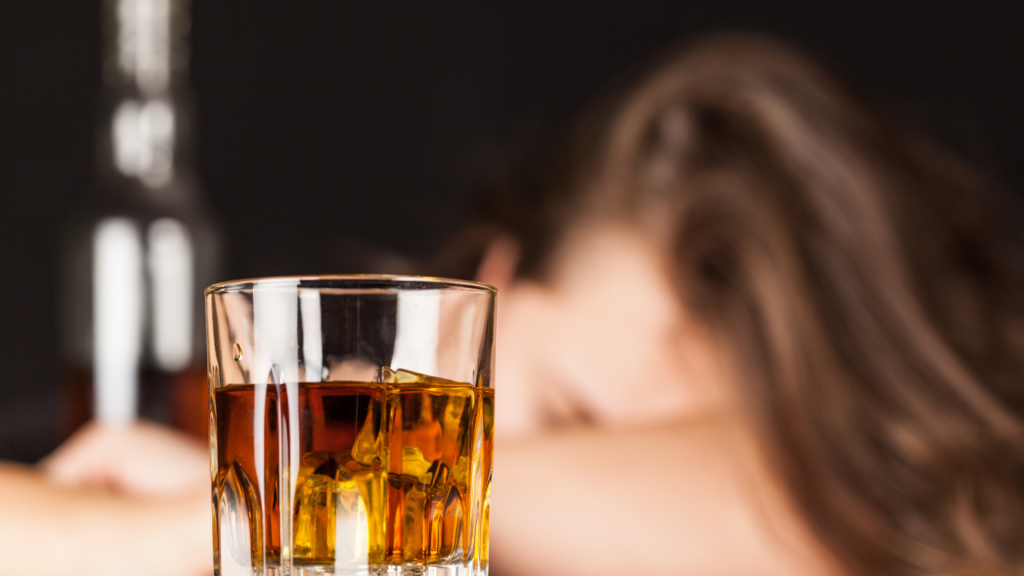
The Complex Relationship Between Alcohol and Sexual Health: Exploring Effects, Risks, and Solutions 2024
Table of Contents
Introduction: Alcohol and Sexual Health
Alcohol utilization is a far reaching social movement that assumes a critical part in many individuals’ lives. While moderate liquor utilization might have a few seen benefits, unreasonable or untrustworthy drinking can unfavorably affect different parts of wellbeing, including sexual prosperity.
In this top to bottom investigation, we’ll dive into the multifaceted transaction among liquor and sexual relations, analyzing its consequences for sexual execution, conduct, and generally speaking sexual wellbeing. Moreover, we’ll talk about potential dangers related with liquor utilization with regards to sexual movement and investigate methodologies for advancing better connections and ways of behaving.

Grasping the Impacts of Alcohol and Sexual Health:
Impact of Alcohol on Sexual Health can be diverse, impacting both physical and mental parts of sexual way of behaving. While certain people might see liquor as a social grease that upgrades sexual encounters, it’s fundamental to perceive the likely disadvantages and dangers related with liquor utilization in sexual settings.
Physical Effects: Alcohol and Sexual Health
Alcohol can influence different physiological cycles that are fundamental for sexual capability, including:
Erectile Brokenness: Unreasonable liquor utilization can debilitate blood stream to the penis, prompting trouble accomplishing or keeping an erection — a condition known as erectile brokenness (ED).
Deferred Climax: Liquor can postpone or hinder orgasmic reaction in all kinds of people, possibly dragging out sexual experiences or forestalling peak by and large.
Diminished Sensation: Liquor’s desensitizing impacts can dull sensation and diminish awareness, influencing sexual joy and fulfillment for the two accomplices.
Gambles Related with Liquor and Sexual Action:
The blend of liquor and sexual action can present different dangers and expected results, including:
Weakened Assent: Liquor utilization can cloud judgment and hinder the capacity to give informed assent, expanding the gamble of rape, pressure, or non-consensual experiences.
Expanded Weakness: Inebriation can leave people more helpless against abuse, control, or exploitation in sexual settings, especially in group environments or new conditions.
STI Transmission: Participating in unprotected sex while affected by liquor can expand the gamble of communicating or securing STIs, as people might be less inclined to utilize condoms or practice more secure sex ways of behaving.
Spontaneous Pregnancy: Liquor related debilitations in judgment or prophylactic use might add to accidental pregnancies, prompting huge profound, monetary, and down to earth ramifications for people and couples.

Advancing Better Connections and Ways of behaving:
To alleviate the potential damages related with liquor and sexual action, it’s pivotal to advance better connections and ways of behaving through schooling, mindfulness, and proactive intercessions. A few techniques include:
Instruction and Mindfulness: Giving thorough sexual wellbeing training that remembers data for the dangers of liquor utilization in sexual settings and methodologies for more secure sex rehearses.
Assent and Correspondence: Advancing open correspondence, shared regard, and agreed assent in sexual connections to guarantee that all gatherings are willing and ready to participate in sexual action unreservedly and without compulsion.
More secure Sex Practices: Empowering the utilization of hindrance techniques, like condoms, and normal STI testing as a component of a proactive way to deal with sexual wellbeing and chance decrease.
Mindful Drinking: Upholding for mindful liquor utilization and balance, including drawing certain lines, knowing one’s resistance, and staying away from strain to drink past private solace levels.
Steady Conditions: Establishing strong conditions that focus on wellbeing, regard, and inclusivity, especially in group environments where liquor utilization and sexual movement might cross.

Conclusion: Alcohol and Sexual Health
Alcohol and Sexual Health is complicated and nuanced, with both expected advantages and dangers to consider. While moderate liquor utilization may not be guaranteed to hurt sexual wellbeing, inordinate or untrustworthy drinking can prompt a scope of unfavorable results, from disabled sexual capability to expanded weakness and chance taking ways of behaving. By advancing training, mindfulness, and better relationship elements, we can make progress toward making more secure and seriously satisfying sexual encounters for people and networks the same. Through cooperative endeavors and proactive intercessions, we can explore the intricacies of liquor and sexual movement with more prominent mindfulness, obligation, and regard for one another’s prosperity. Home


Leave a Reply